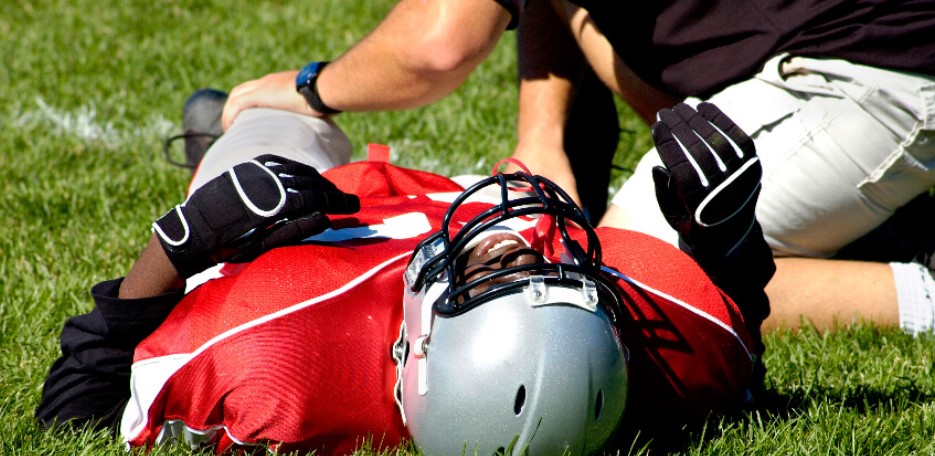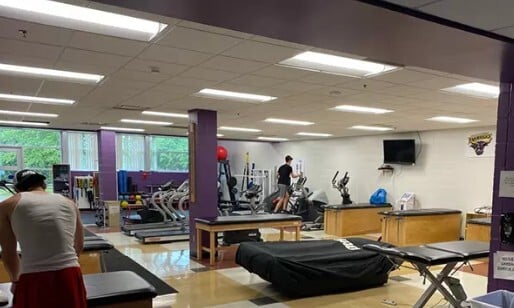Are Elite Athletes That Much Different Than Ordinary People?
 As an Athletic Trainer, you may have run into a student-athlete or two who become down on themselves because they think they aren't "elite". But are the best athletes all that much different from the ordinary people?
As an Athletic Trainer, you may have run into a student-athlete or two who become down on themselves because they think they aren't "elite". But are the best athletes all that much different from the ordinary people?
 Well, not according to a recent case study published in the Journal of Applied Physiology.
Well, not according to a recent case study published in the Journal of Applied Physiology.
This case unveils that recreational athletes, often seen as "regular" folks, possess the potential to meet the extraordinary energy demands required for high-endurance events like the Tour de France.
This revelation challenges the traditional belief that only elite athletes can endure the grueling energy expenditure these races demand.
The study, titled "The Tour de France, also possible for mortals? A comparison of a recreational and a World Tour cyclist," contrasts the experiences of a 58-year-old male recreational cyclist and a 27-year-old professional elite cyclist during the 2023 Tour de France.
Despite significant differences in age, size, and training background, the recreational athlete showcased remarkable endurance by completing the same rigorous 21 stages and 2,112 miles as his professional counterpart.
"The nearly twofold longer cycling time and markedly lower recovery time between stages led to comparable total daily energy expenditure levels to the professional cyclist."
This indicates that with proper training, recreational athletes can indeed achieve the high levels of energy output typically reserved for elite competitors.
Pedro L. Valenzuela, Ph.D., the study's corresponding author, emphasized the broader implications of their findings, stated:
"These findings reflect the enormous endurance capabilities of not only professional trained athletes but also recreationally trained adults. Once again, [this is] more evidence confirming that we are born to move."
This study not only highlights the untapped potential within recreational athletes but also encourages individuals of all fitness levels to challenge their perceived limits and aspire to achievements previously deemed beyond their reach.
So let that student-athlete, the one who is full of doubt about their level of talent and ability, know they were born for this...
![HR Logo [Recovered]_Full Color Vertical-1](https://blog.healthyroster.com/hs-fs/hubfs/HR%20Logo%20%5BRecovered%5D_Full%20Color%20Vertical-1.png?width=199&height=178&name=HR%20Logo%20%5BRecovered%5D_Full%20Color%20Vertical-1.png)
 By
By


